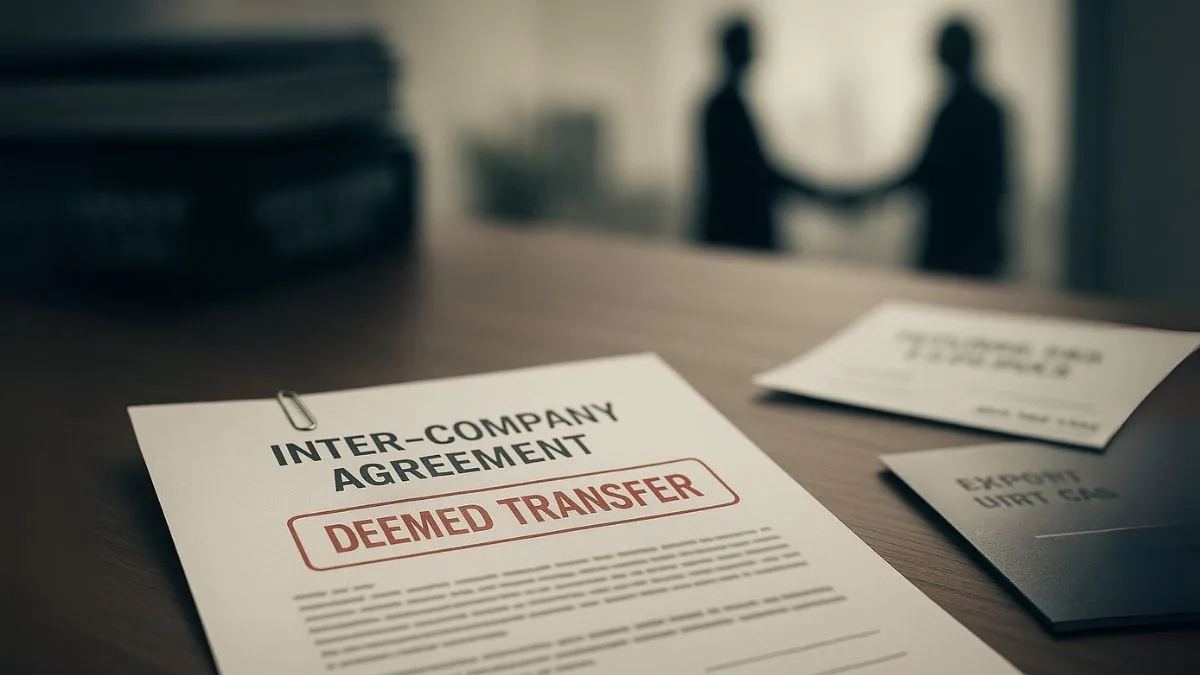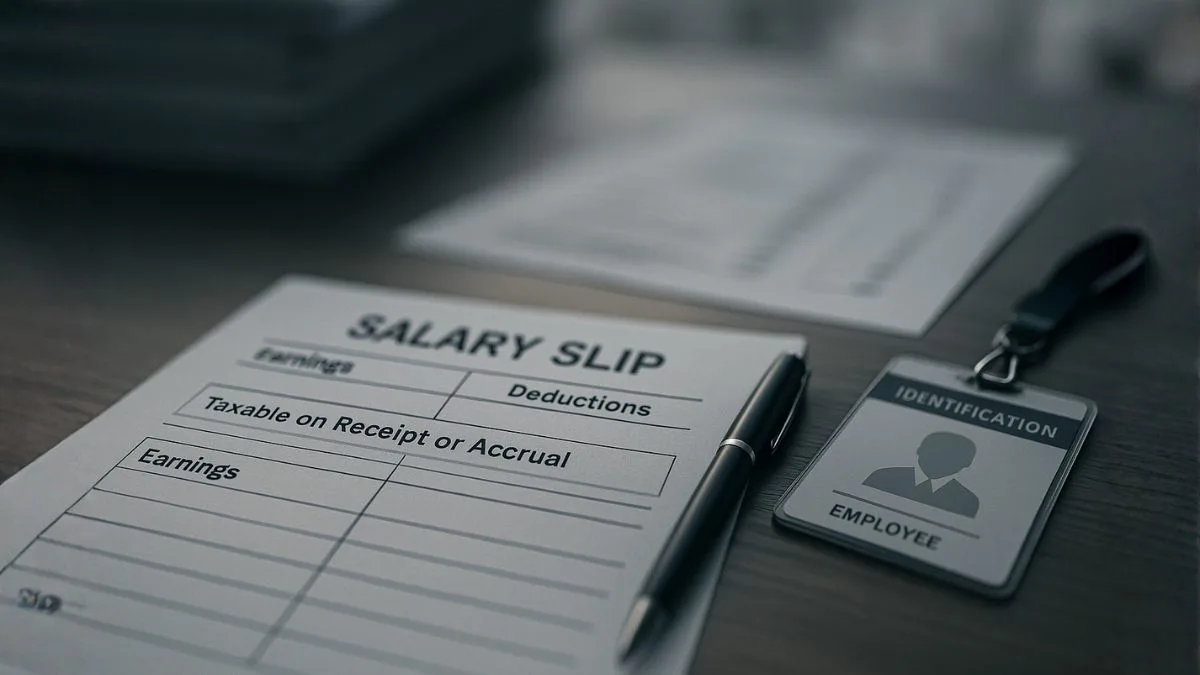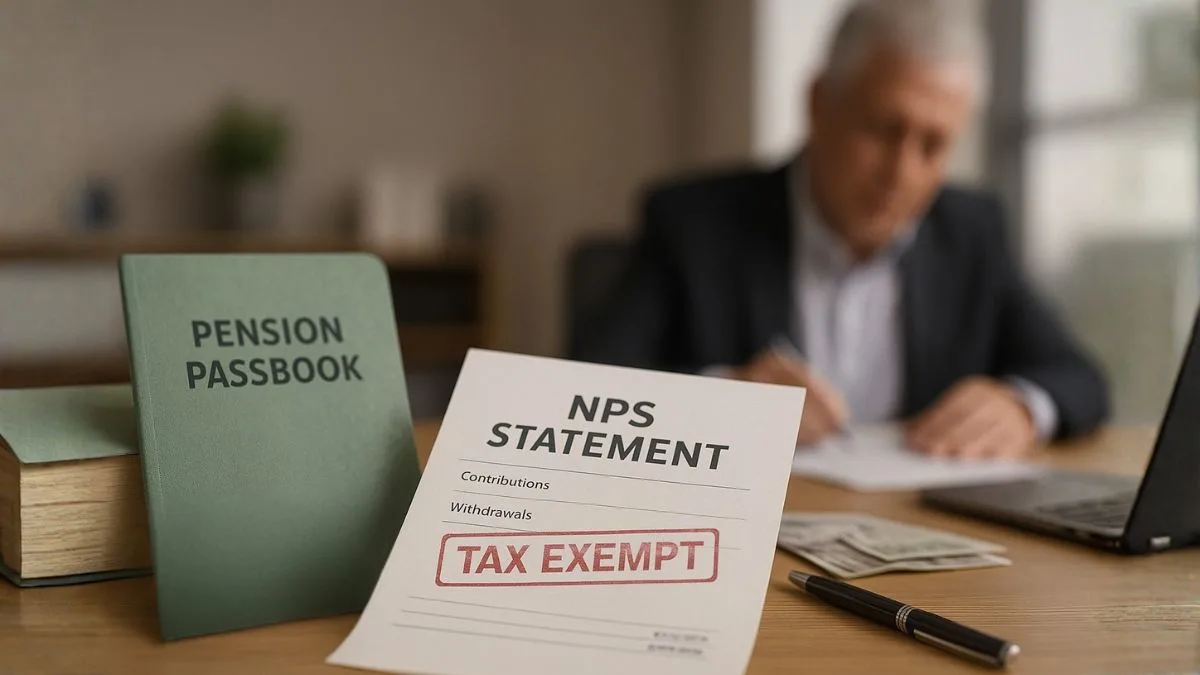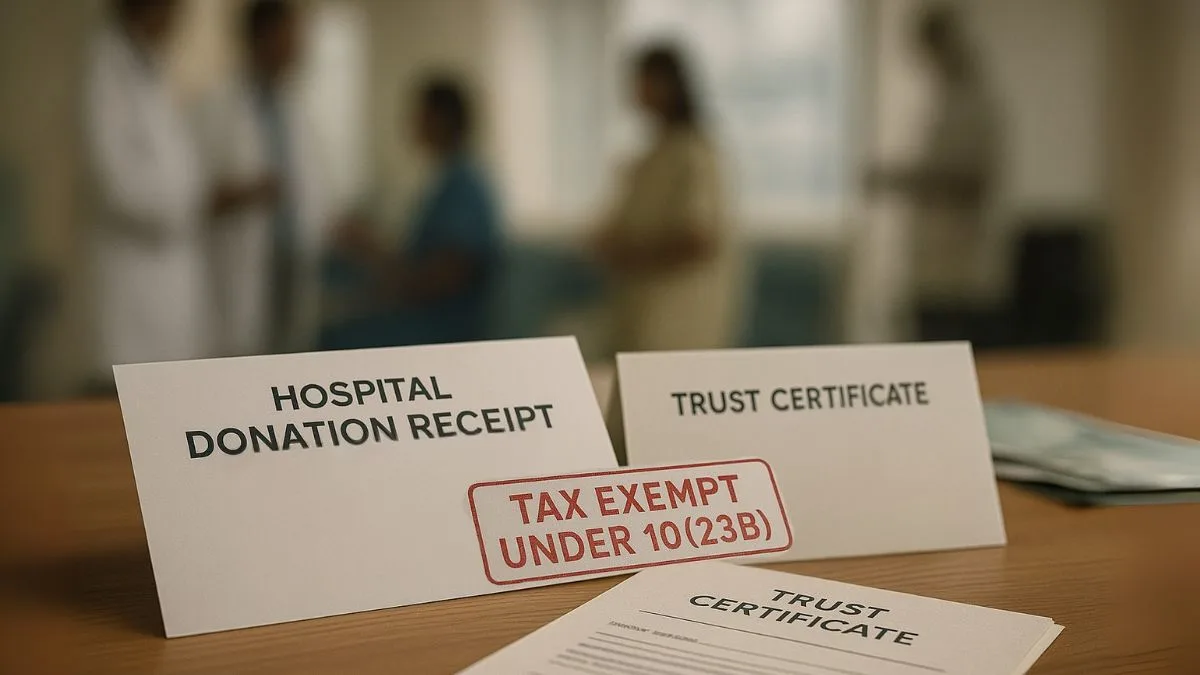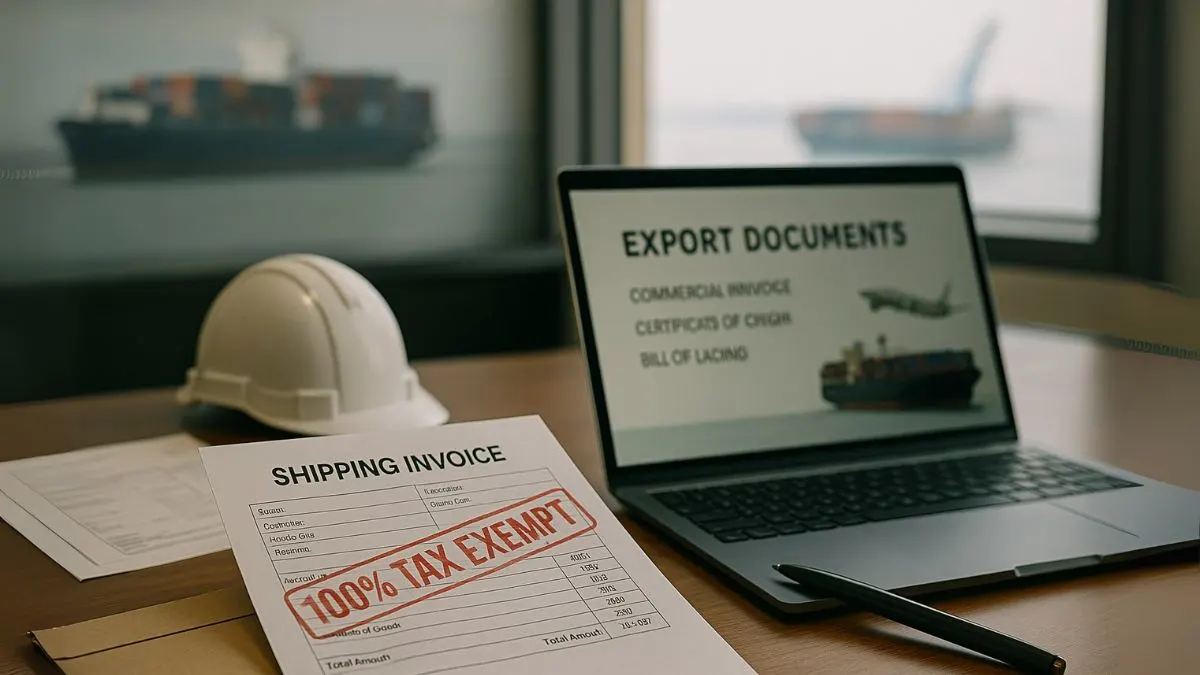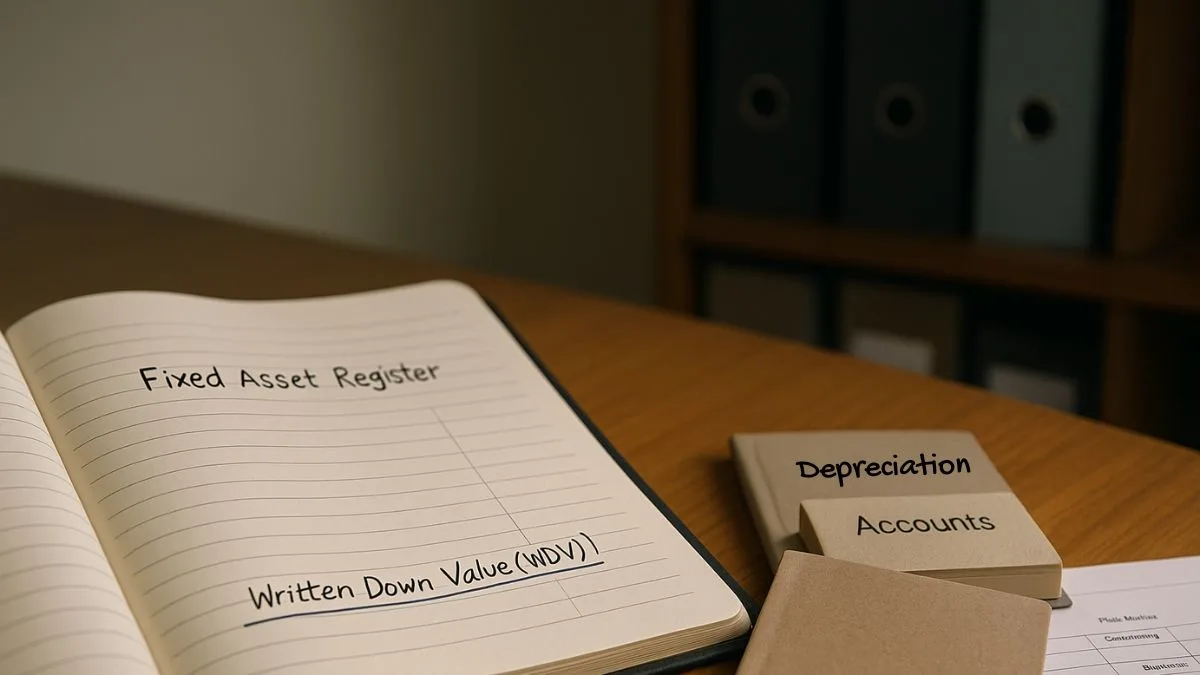
You filed your Income Tax Return, received your refund (or paid your dues), and thought the matter was closed. But then, out of nowhere, you receive a notice under Section 148 of the Income Tax Act.
Should you panic? Not really. But you should act quickly and smartly.
This notice doesn’t mean you did something wrong. It means the Income Tax Department has found new information or discrepancies that may suggest your income was underreported in a past year. Section 148 gives them the legal power to reopen old returns for reassessment.
Here’s everything you need to know.
✅ What Is Section 148 of the Income Tax Act?
Section 148 empowers the Assessing Officer to issue a notice when they believe that income chargeable to tax has escaped assessment for any previous financial year.
This notice is part of a reassessment procedure under Section 147, and is usually triggered when new information comes to light after your original return has been filed and processed.
📋 Key Reasons Why a Section 148 Notice Is Issued
- Undisclosed income from property sale, bank accounts, or F&O trading
- High-value cash deposits not matched with reported income
- TDS credited but not shown in return (as per Form 26AS/AIS)
- Information received from third-party sources (banks, registrars, etc.)
- Mismatch in GST filings and ITR income for business owners
- Investments made from unexplained sources
📅 Time Limits Under Section 148 (Post-2021 Amendment)
As per the Finance Act, 2021, the timeline for issuing a Section 148 notice depends on the amount of escaped income:
- Up to ₹50 lakh:
Notice can be issued within 3 years from the end of the relevant assessment year. - More than ₹50 lakh:
Notice can be issued within 10 years, but only with prior approval and concrete evidence.
💡 The Assessing Officer must first issue a notice under Section 148A (to seek explanation) before issuing a formal 148 notice—except in specific cases involving searches or seizures.
🧾 What Should You Do If You Receive a Section 148 Notice?
Step 1: Don’t ignore it.
This is a legally binding notice. Failing to respond can result in penalties and even prosecution in extreme cases.
Step 2: Check if a notice under 148A was issued.
As per law, 148A (providing opportunity to be heard) must be issued before 148, unless exempted.
Step 3: Consult a qualified CA. "
Professional review is crucial because the notice relates to escaped income, and your response determines whether reassessment is initiated.
Step 4: Submit the required details within the deadline.
You’ll be asked to:
- Explain the nature of income
- Submit proof of transactions/investments
- File a return or revised return, if required
Step 5: Cooperate through reassessment proceedings.
Once reopened, the AO may scrutinise the entire return (not just the highlighted item), so prepare for a full review.
🧠 People Also Ask
❓ Is reassessment the same as scrutiny?
No. Scrutiny (under Section 143(2)) is part of the original assessment, while reassessment under Section 148 is initiated if the department believes income has escaped assessment after the return is processed.
❓ Can I revise my old return instead of responding?
No. You cannot revise an old return beyond the allowed time limit. However, under Section 148, you may be allowed to file a return in response to the notice.
❓ Will I be penalised after receiving a 148 notice?
If you respond properly and justify your claims, there may be no penalty. But if underreported income is found without a valid reason, interest and penalty under Section 270A/271AAC may apply.
❓ What happens after I respond?
The Assessing Officer will review your explanation and:
- Drop the reassessment (if satisfied), or
- Initiate reassessment proceedings under Section 147
You’ll then be called to provide more documentation and possibly attend a hearing.
⚠️ Common Mistakes to Avoid
- Ignoring the notice or assuming it’s a scam
- Responding without understanding the root cause
- Providing incomplete documentation
- Failing to check AIS/Form 26AS vs. reported income
- Not consulting a tax professional
🎯 Final Thoughts from a CA’s Desk
“Section 148 notices aren’t always bad—but mishandling them can turn a small oversight into a big tax problem.”
Whether the notice is for a genuine mistake, missing disclosure, or system mismatch, the best approach is to stay transparent, be prompt, and respond with facts. Many times, these matters can be resolved without litigation—if handled properly.
📞 Need Help Responding to a Section 148 Notice?
At CallmyCA, we help:
- Decode the notice and assess risk
- Draft accurate responses with legal backing
- File returns in response to Section 148
- Represent you through the reassessment process
👉 Click here to book your tax notice support on CallmyCA


